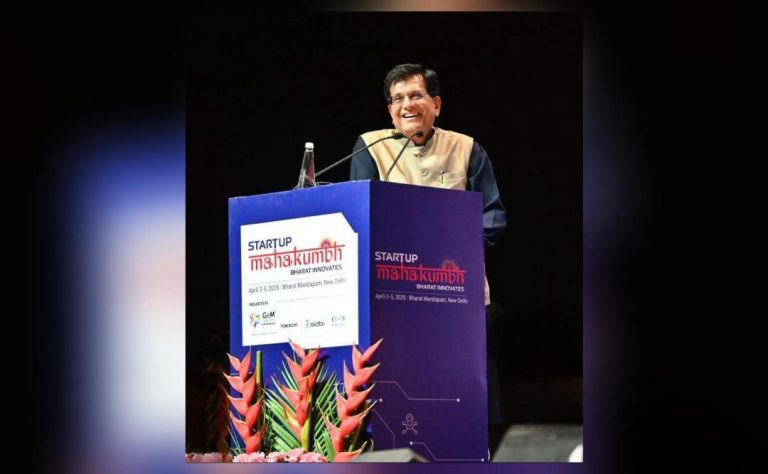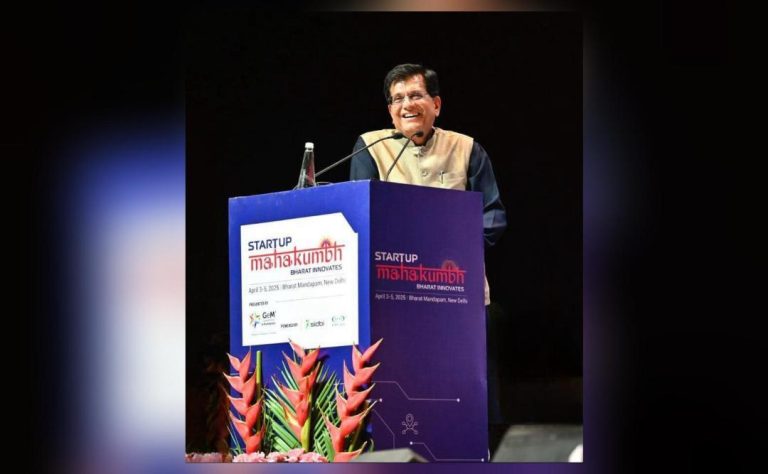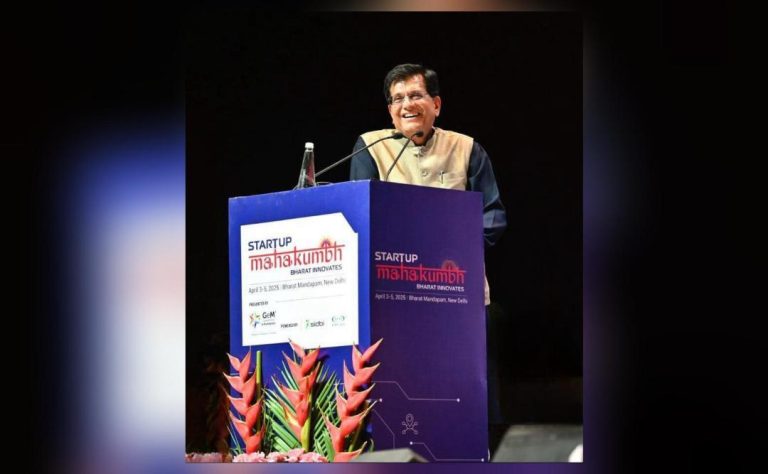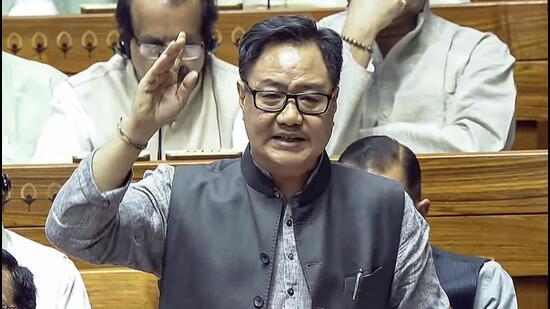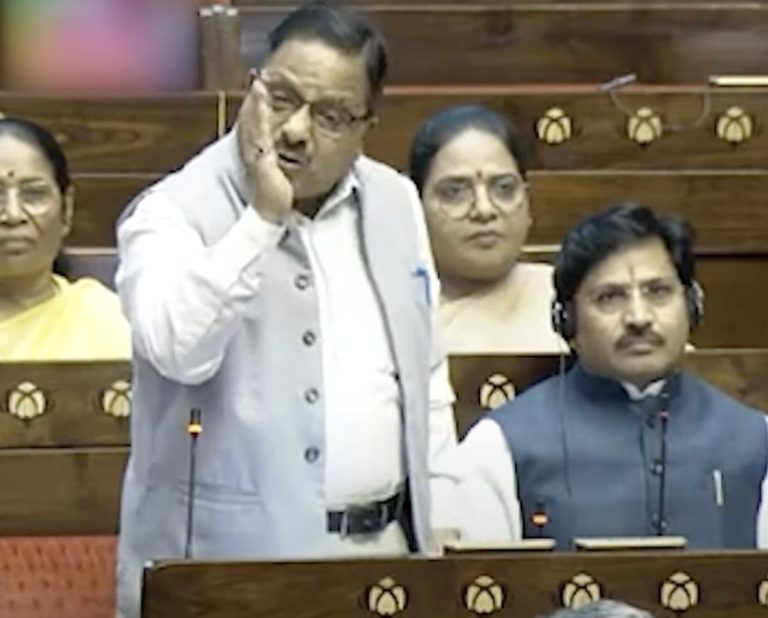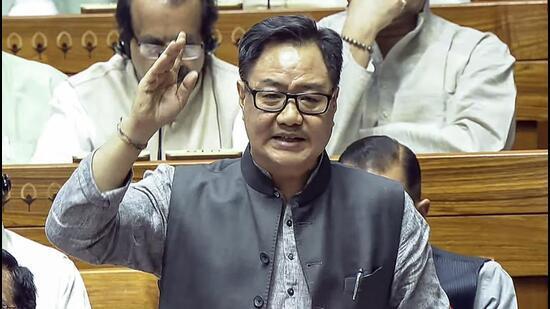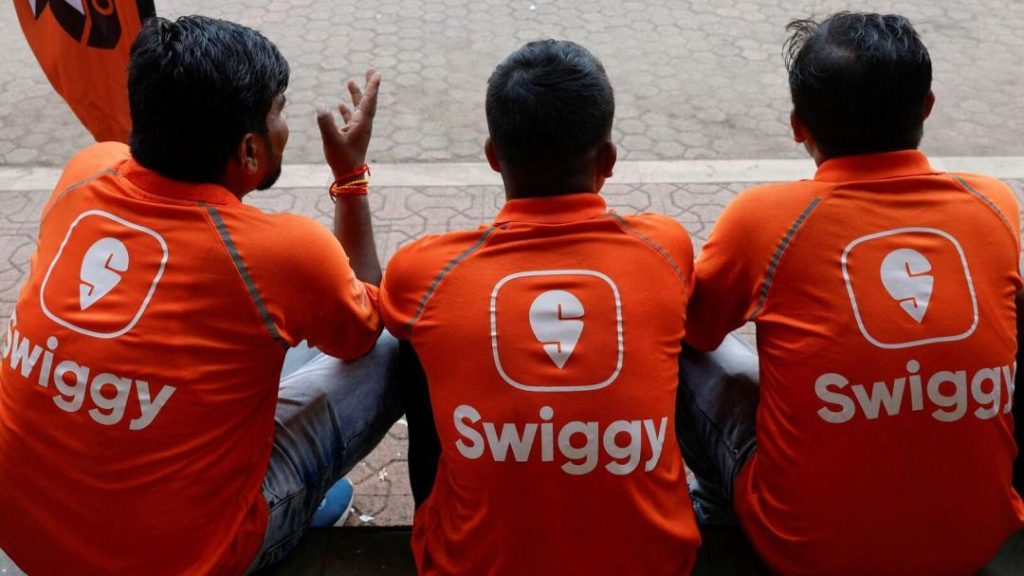
Swiggy Faces ₹158 Crore Tax Demand Over Cancellation Fees
Swiggy, the popular food delivery platform, has been slapped with a tax demand of ₹158 crore by the Income Tax Department for the financial year 2021-22. The demand is related to alleged violations of tax provisions regarding cancellation charges paid to merchants. The company has decided to appeal against the demand, citing a misunderstanding of tax provisions.
Cancellation fees are a common practice in the food delivery industry, where restaurants and merchants agree to pay a certain percentage of the order value to food delivery platforms like Swiggy as a compensation for cancelled orders. This fee is usually deducted from the merchant’s earnings and is considered a part of the overall revenue generated by the platform.
However, the Income Tax Department has allegedly found that Swiggy has been deducting these cancellation fees without properly accounting for them in its books. The tax department has claimed that the company has failed to pay applicable taxes on these fees, resulting in a tax demand of ₹158 crore.
Swiggy has responded to the demand by stating that the company has a legitimate business arrangement with its merchants, and the cancellation fees are a normal part of the agreement. The company claims that it has properly accounted for these fees in its books and has paid the applicable taxes.
Experts in the field have suggested that this case may set a precedent for how cancellation fees are taxed in the evolving digital economy. As more and more businesses move online, the taxation of cancellation fees will become a critical issue. The ruling in this case could have far-reaching implications for the food delivery industry, as well as other e-commerce platforms that rely on cancellation fees to operate.
The income tax demand is not the only challenge that Swiggy is facing. The company has been under scrutiny in recent years for its business practices, including allegations of underreporting revenue and misclassifying employees as contractors. The tax demand is just the latest in a series of regulatory challenges that Swiggy has faced in recent years.
Despite these challenges, Swiggy remains one of the most popular food delivery platforms in the country, with a vast network of restaurants and merchants across the country. The company has also expanded its services to include other areas such as grocery delivery and food processing.
The case against Swiggy is a reminder that the food delivery industry is subject to intense regulatory scrutiny, and companies must ensure that they are complying with all applicable tax laws and regulations. The outcome of this case will be closely watched by the industry, and could have significant implications for the future of food delivery in India.
Conclusion
The tax demand of ₹158 crore against Swiggy is a significant development in the food delivery industry. The case highlights the importance of compliance with tax laws and regulations, and the potential consequences of non-compliance. The outcome of this case will be closely watched by the industry, and could have significant implications for the future of food delivery in India.
News Source:
https://ascendants.in/industry_events/swiggy-rs-158-crore-tax-demand/
